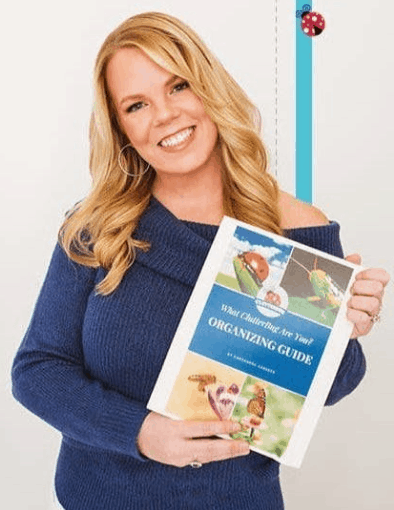This is the title of the parenting book on the top of my “must read” list. I have read a lot of parenting books and I have yet to find one that really compliments my own natural parenting style. I am fortunate that my husband and I share the same natural parenting style, but even though I have the best intentions, enforcing those values isn’t always easy.
Enter “Mean Moms Rule”. Finally, a book that enforces good old fashion discipline, hard work and the regular use of the taboo word “NO”. I am a much bigger push over than I’d like to be and I am hoping that this book will give me the willpower to be the parent I want to be. The parent that says “no” and doesn’t negotiate, the parent that makes chores a part of everyday life….without a money reward and a parent who lets her kids fall down, lose the game and stumble along the road of life.
Here is a list of the Mean Moms top 10 principals:
1. It’s not about you. It’s about them. Many of today’s parents begin to see the kids as extensions or reflections of themselves. But parenting is a weird thing: it’s probably the most important thing you’ll do in your life that is not about you, at least not in the final analysis.
2. Hang on to yourself. If you submerge your pre-kid personality – goals, hopes, dreams, likes, dislikes – into parenting, you’ll go looking for that self later and find no one’s home. And to raise independent children, you have to model independence.
3. Start as you mean to go on. It’s about creating your own rules and principles, from the get-go. If you wing it with discipline and rules – especially if you change things up out of fear (of a tantrum, of being called “mean”), you’re just kicking the can down the road.
4. Don’t follow the parenting pack. Forge your path as a parent without succumbing to peer pressure. Kids need clarity, consistency, and the sense that you know what you’re doing.
5. Take (or take back) control. It can seem egalitarian and enlightened to let your kids decide they want s’mores for breakfast (occasionally it’s fun), but when they decide important things all the time, you’ve got a recipe for chaos.
6. Say no. Smile. Don’t apologize. Repeat as necessary. A few well-placed, well-timed “nos” are like spinach to kids. Tough to eat at first, but they grow up to love it, and are stronger for having swallowed it.
7. Teach them life skills. Cooking. Washing cars. Mowing lawns. Kids who can do things are smarter, more confident, and ultimately happier.
8. Slow it down. There’s value to slowing down the kind of entertainment kids consume (whatever happened to age-appropriateness?!), the fashions they wear (a major reason I’m glad I have boys!), or the tech they are treated to.
9. Fail your child, a little bit, every day. I’m talking about small failures – the fall off the swing, the disappointment of not having his best friend follow him to first grade – because it’s in those experiences that a child stretches, grows, finds new brain cells, new reserves of nerve and strength and self-reliance.
10. Prepare them for the world, not the world for them. It’s easy think it perfectly acceptable to argue your child into the “best” kindergarten class or, later, into a better grade. (But) wouldn’t it be better, in the long run, to make your child smart enough, flexible enough, capable enough, to handle the world with all its inevitable bumps?
Let me know if you have read this book! Do you have a natural parenting style?



